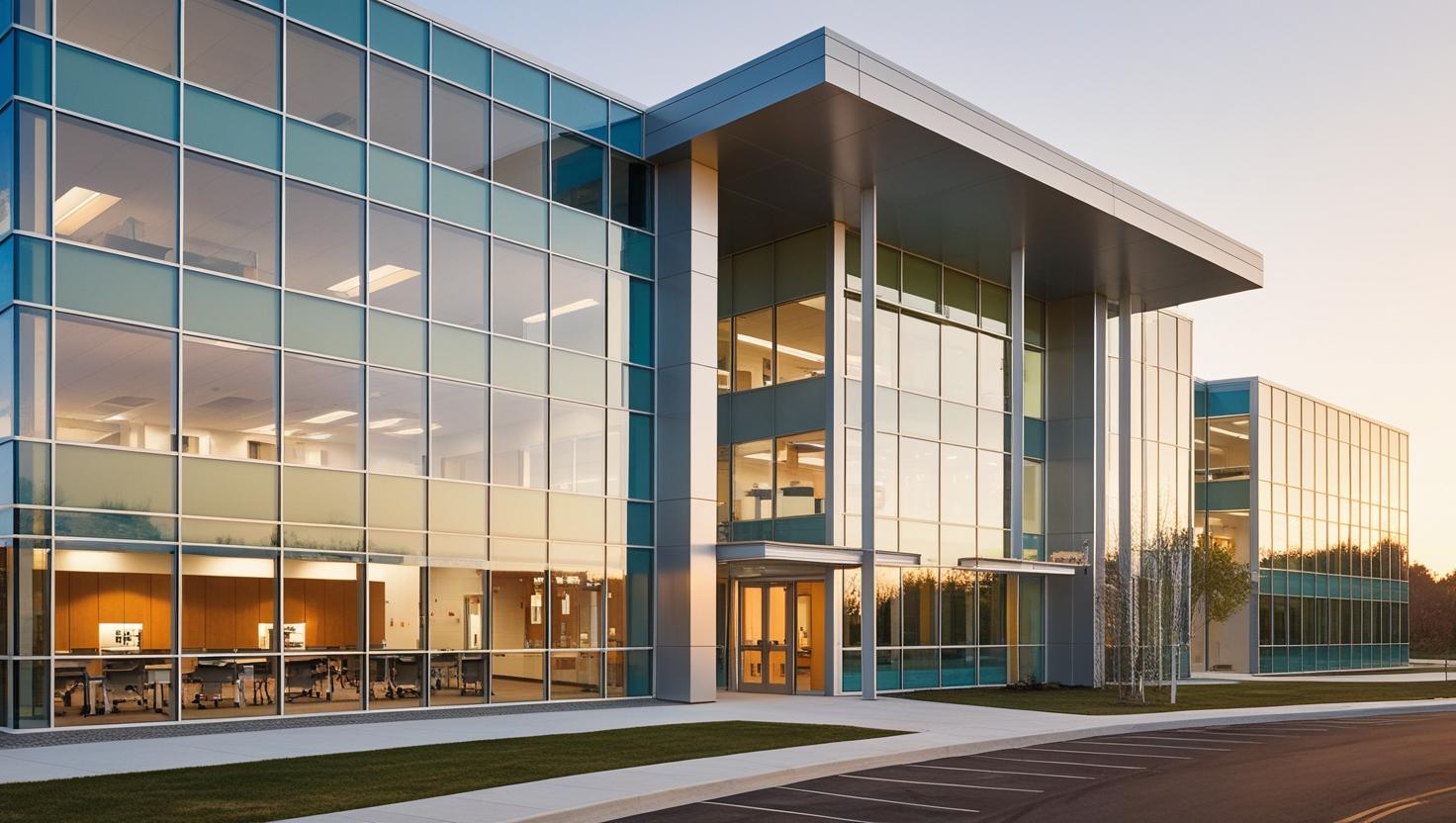Do community colleges hold the key to curing an ailing U.S. economy? That is one conclusion in the Report of the National Commission on Community Colleges entitled "Winning the Skills Race and Strengthening America's Middle Class: An Action Agenda for Community Colleges" (the Report). The Commission took a comprehensive look at the fundamental role of community colleges in maximizing our nation's ability to compete in a global economy. The Commission's findings and recommendations are discussed in this article.
Background
In 2005, the College Board established the Center for Innovative Thought (the Center) to identify challenges to America's education system and recommend solutions. Convinced that community colleges are the nation's overlooked asset, the Center formed the National Commission on Community Colleges to investigate means for improving and expanding the role of community colleges in the future. The Commission is composed of chair Augustine P. Gallego, Chancellor Emeritus of San Diego Community College District, and ten community college presidents or immediate past presidents. The Commission released its Report in January 2008. The Report looks at the present state of community colleges, identifies numerous challenges facing the U.S., and recommends taking action that will place community colleges at the forefront of meeting these challenges. The College Board applauded the Report and pledged to contribute the Board's expertise in implementing the Report's recommendations.
This video reports on the National Symposium on 21st Century Community Colleges held in New Delhi, India in 2011.

























